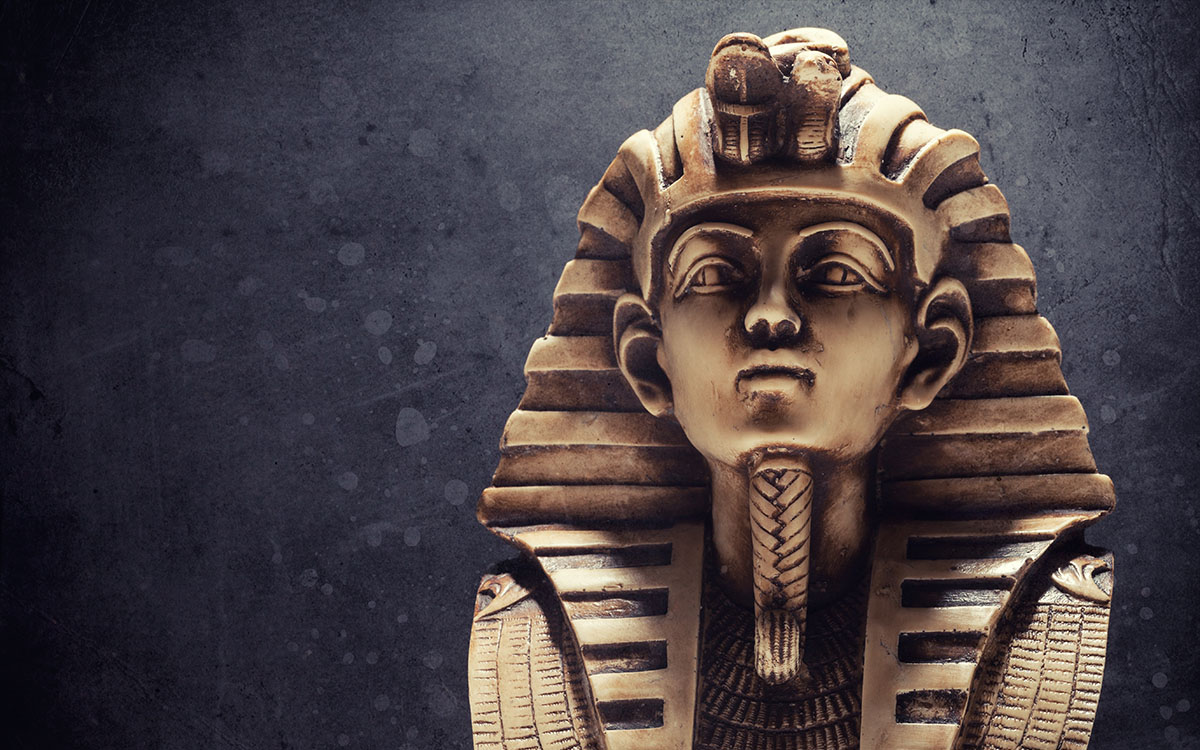info@ethicallyspeaking.net

King Tut’s bust
Christie’s Auction House and the selling of King Tut’s bust?
A 3,000-year-old bust of King Tutankhamun was sold by Christie’s Auction House in London for $6 million. The sale of King Tut’s bust brought into question whether it was ethical or not to sell the bust that originally was housed in Egypt. The Egyptian government contends that it was stolen from Egypt and it needs to be returned.
Whereas, Christie’s says that the late Prince Wilhelm von Thurn und Taxis had owned the bust since the 1960s and sold it in the mid-1970s to a Vienna gallery owner.Despite whichever account, the selling of King Tut’s bust remains controversial. The overriding question remains.
Should the bust of King Tut be sold by Christie’s Auction House or should it be returnedto Egypt?
Unfortunately, the bust has already been sold. But if I wasan auctioneer, I would not have sold the bust. Rather, I would have returned it back to the Egyptian government for safekeeping. My reasoning is based on the fact that thebust of King Tut was originally stolen by British archeologists who did not have permission or the right to acquire the bust. The act of selling a treasure that was unethically acquired is problematic to say the least. At least by returning the bust, a sense of wrongdoing can be rectified. But to not return the bust means that the cycle of robbing the have nots continues to inflect pain on our most vulnerable people.
What are your thoughts?
You can make your thoughts known by responding below.

1 Comment
My vote is for the return of the bust to Egypt